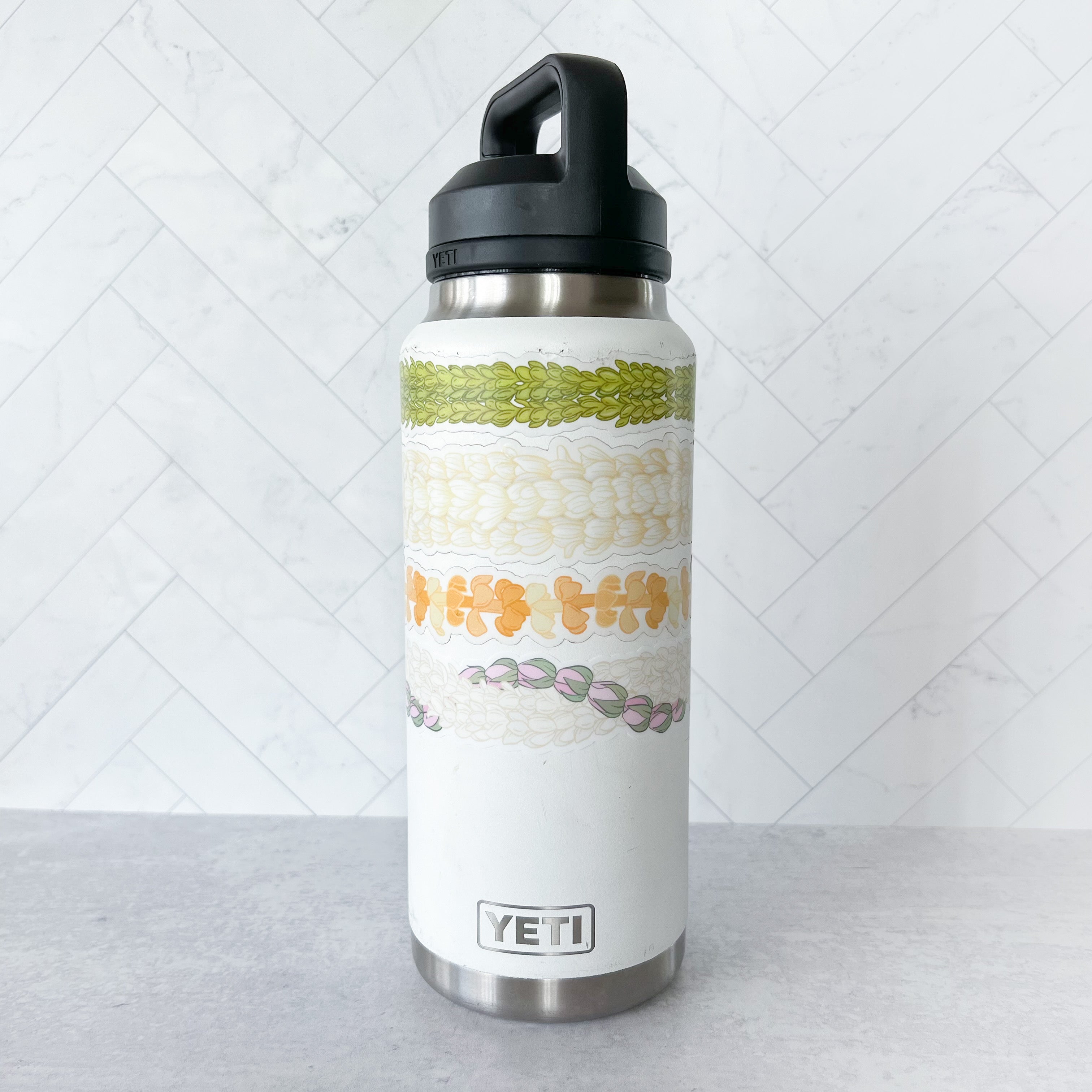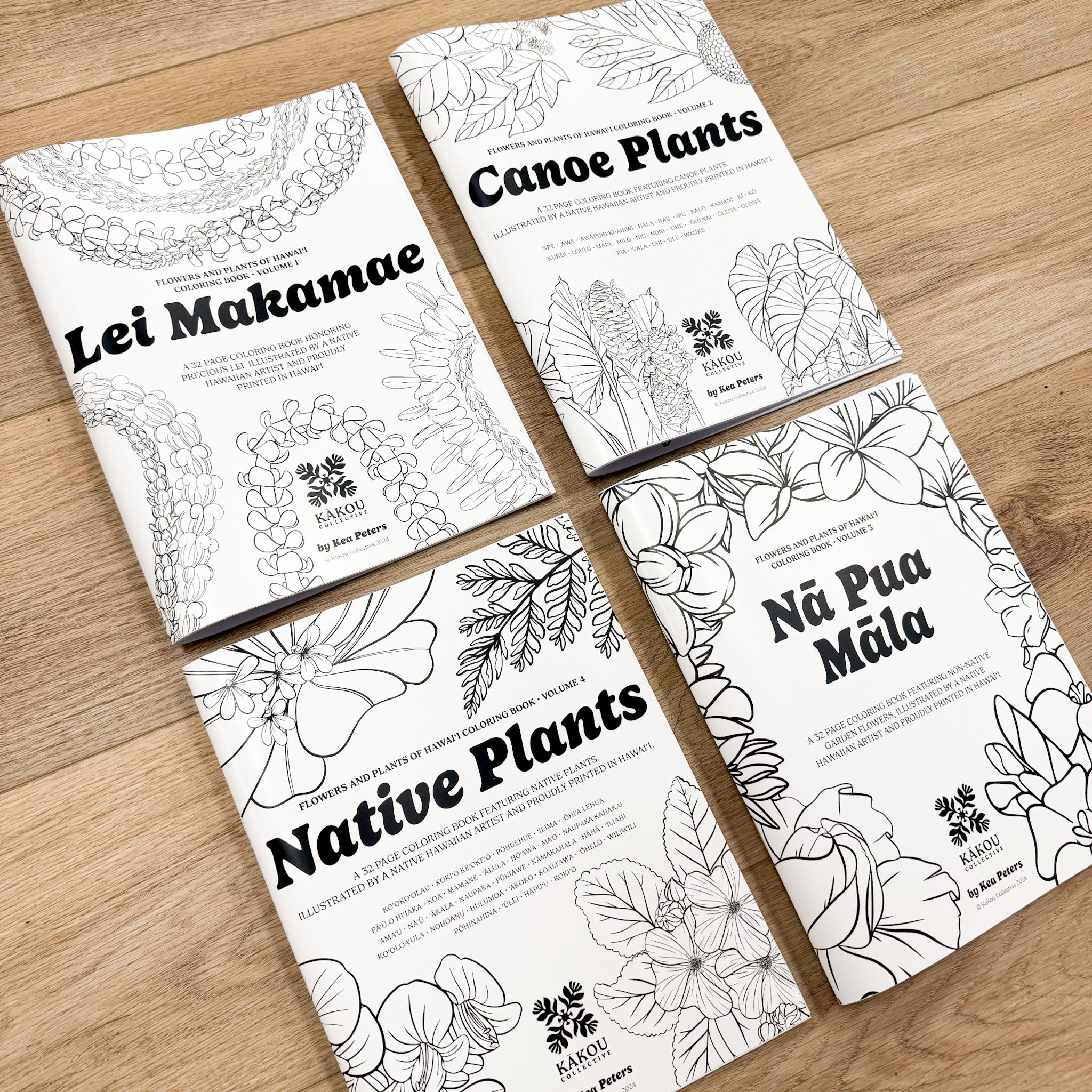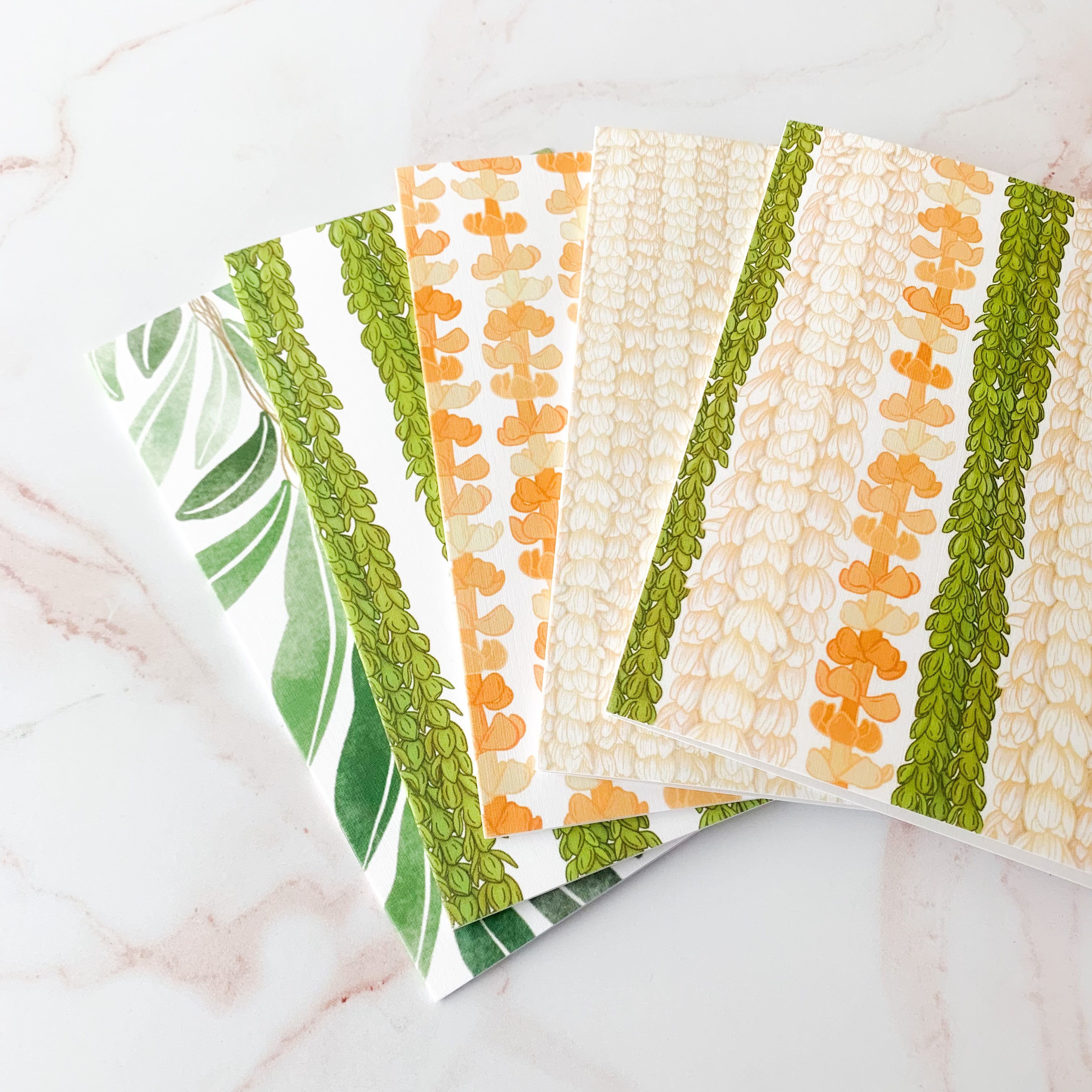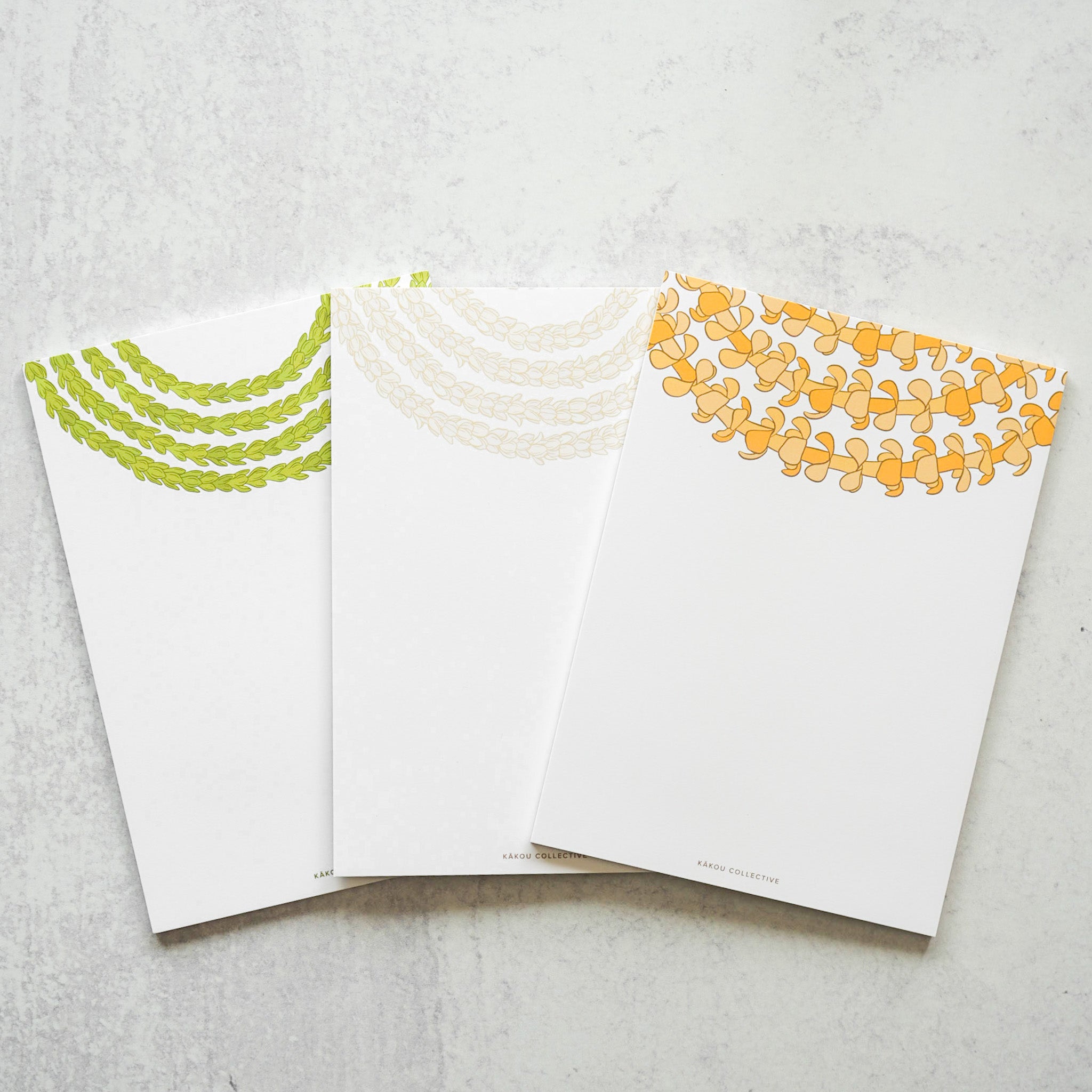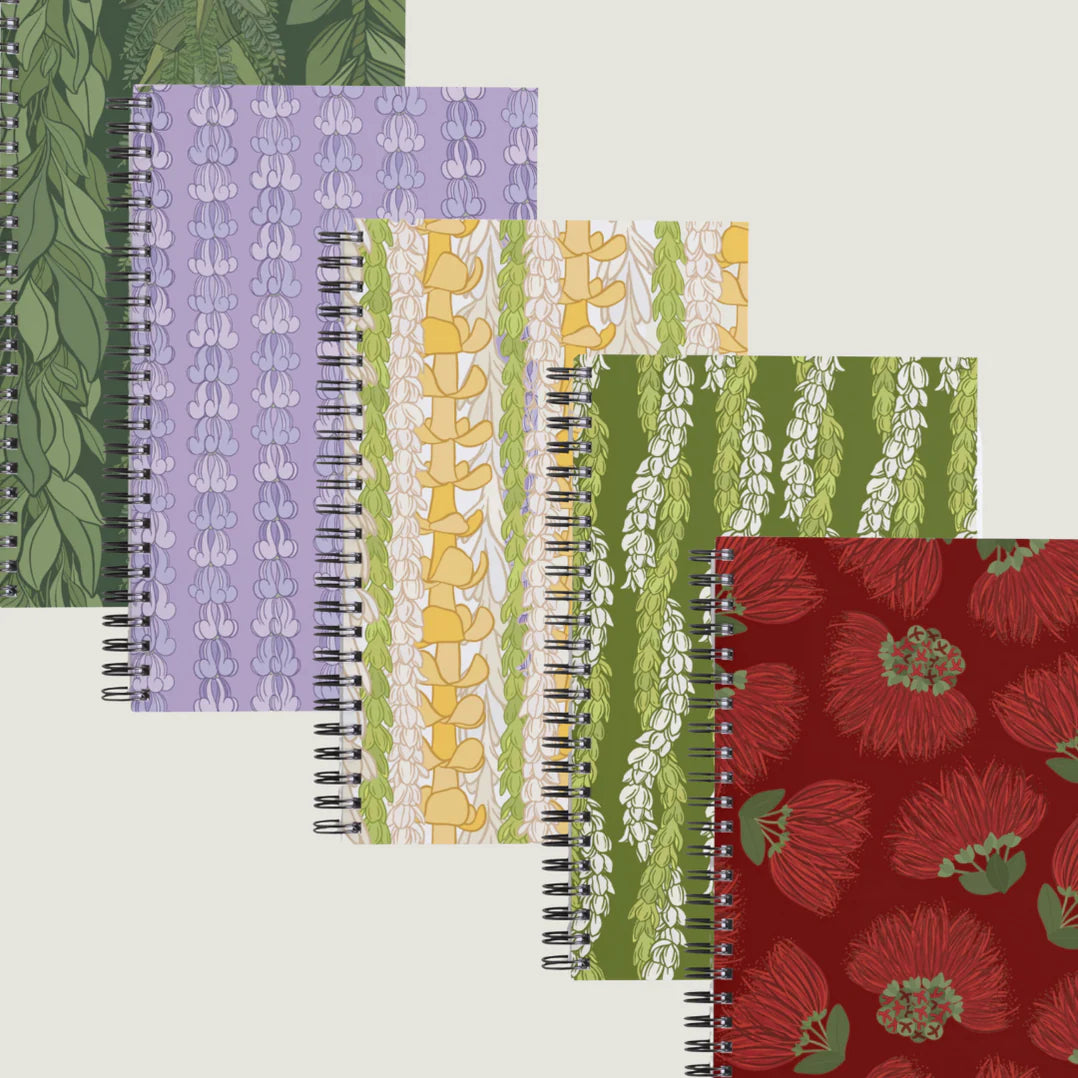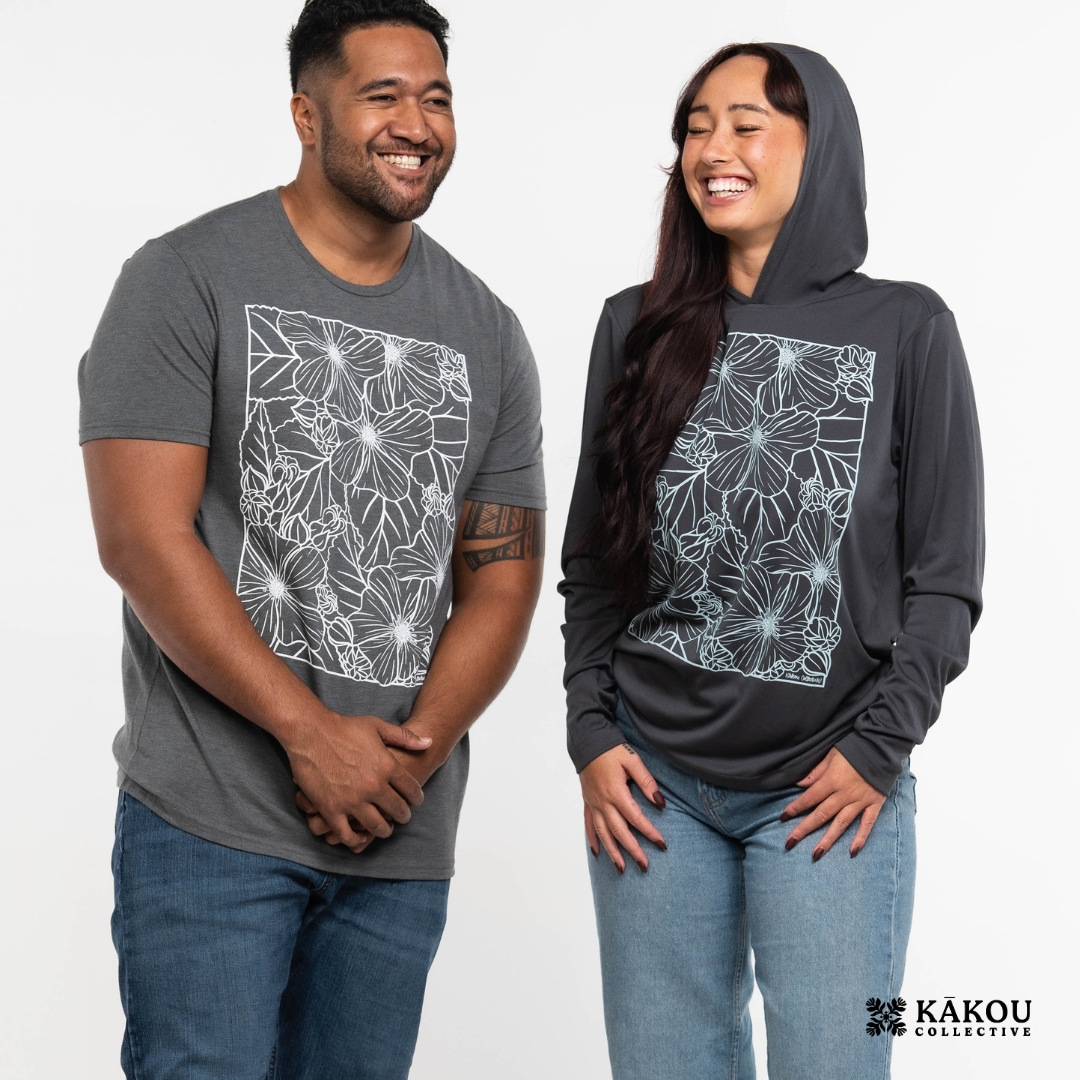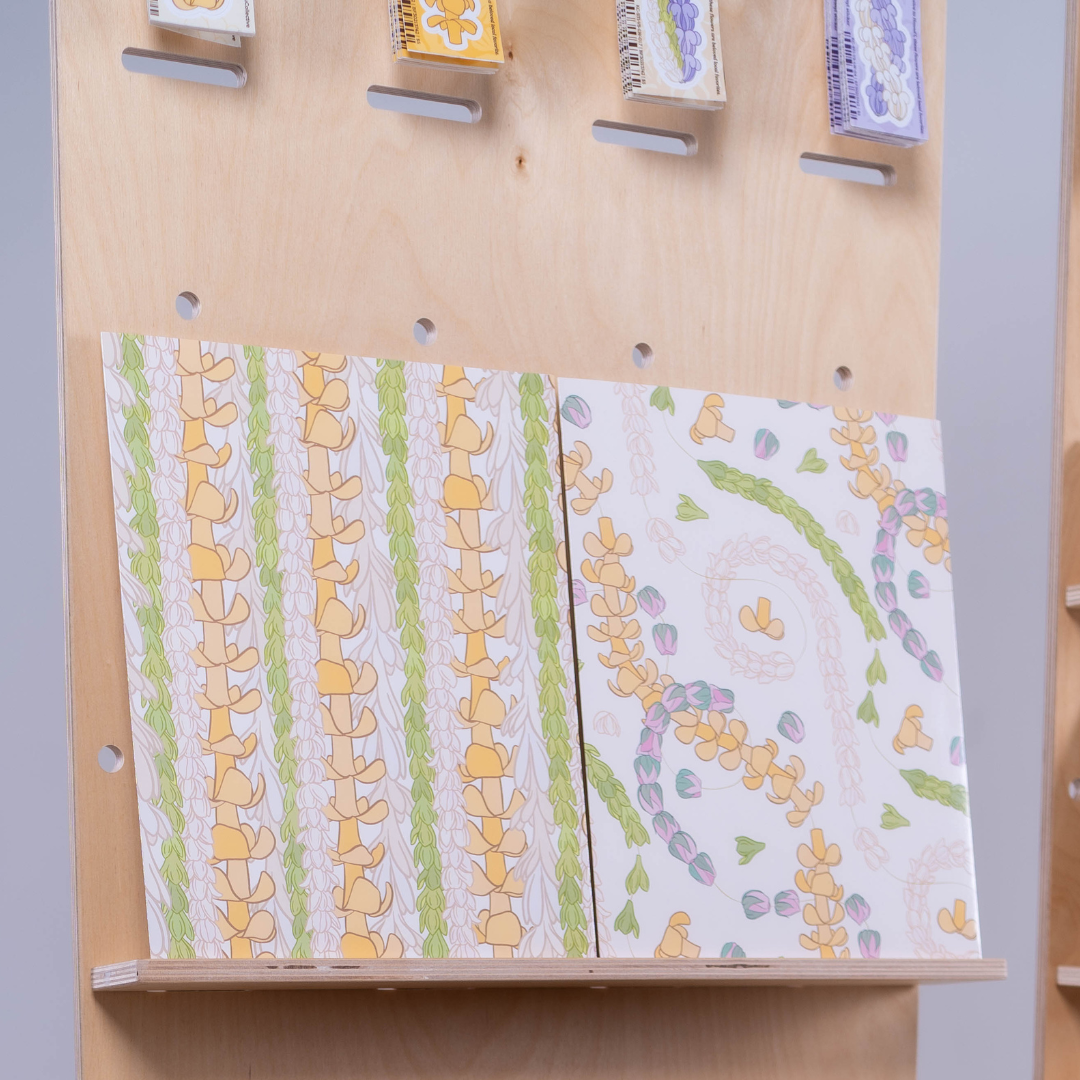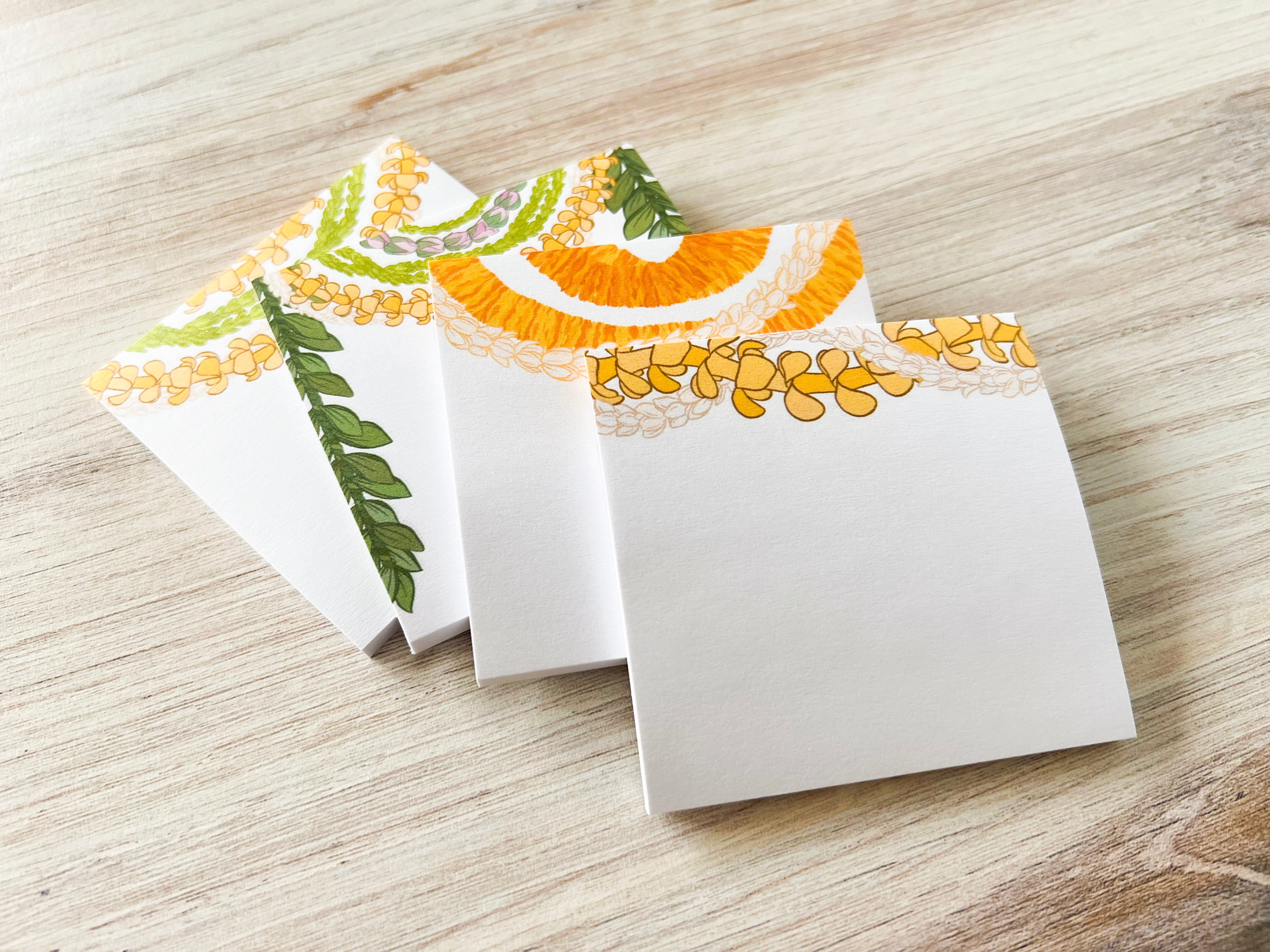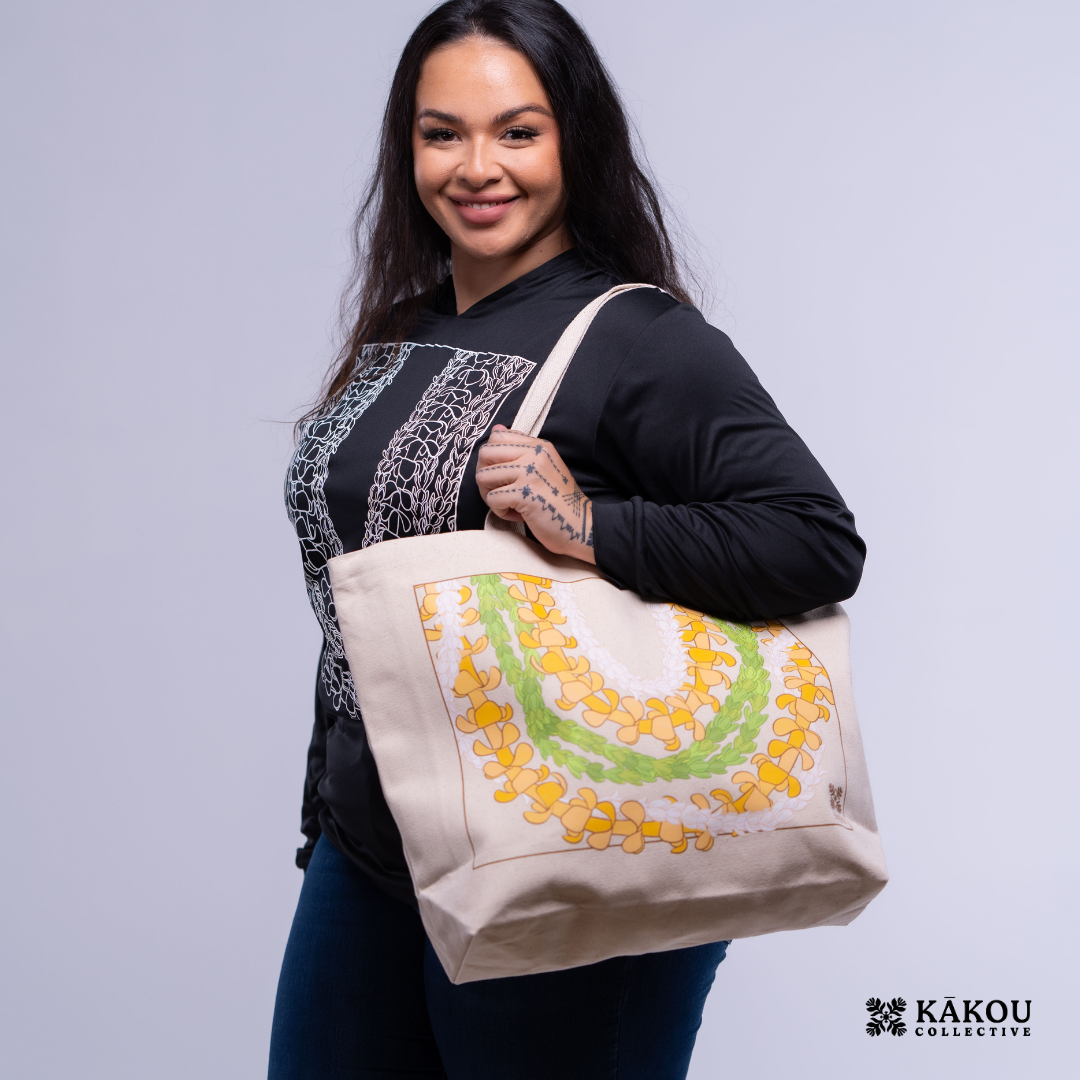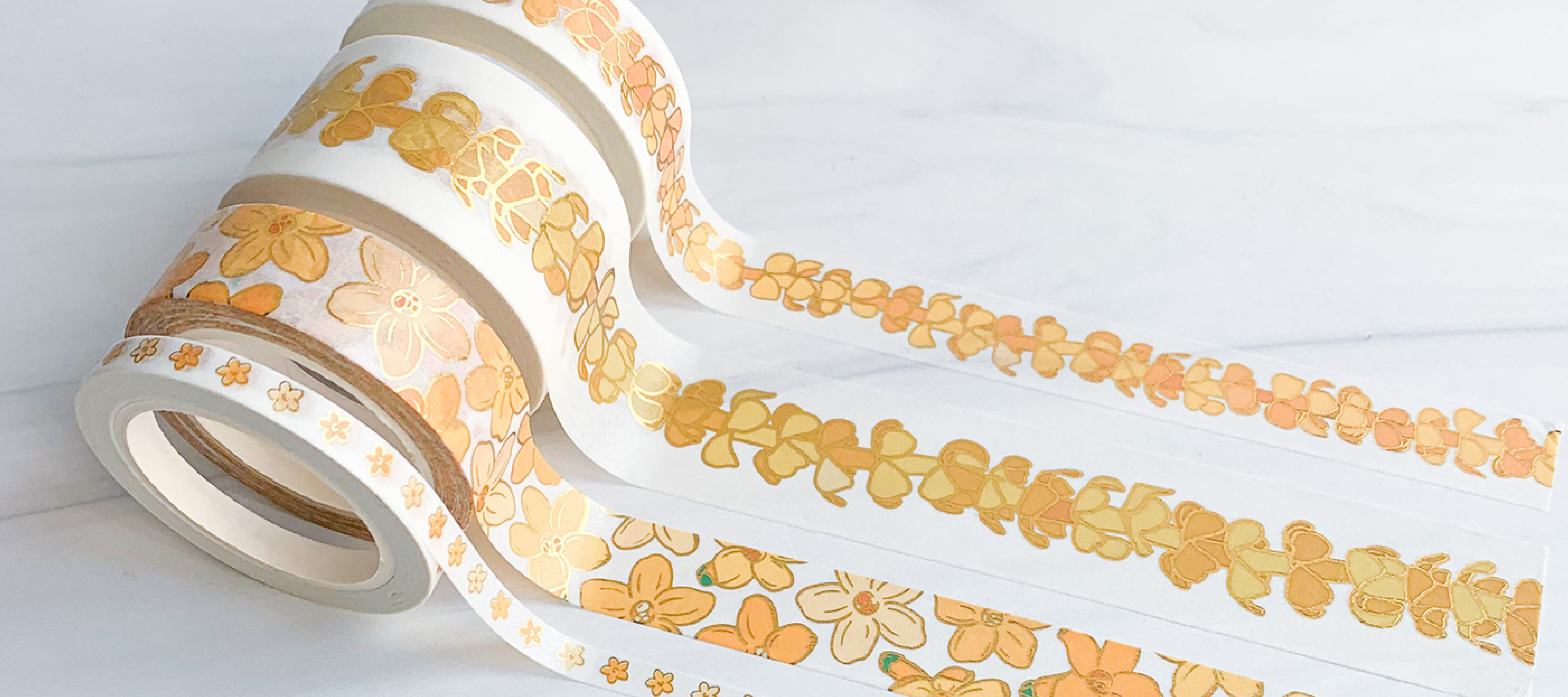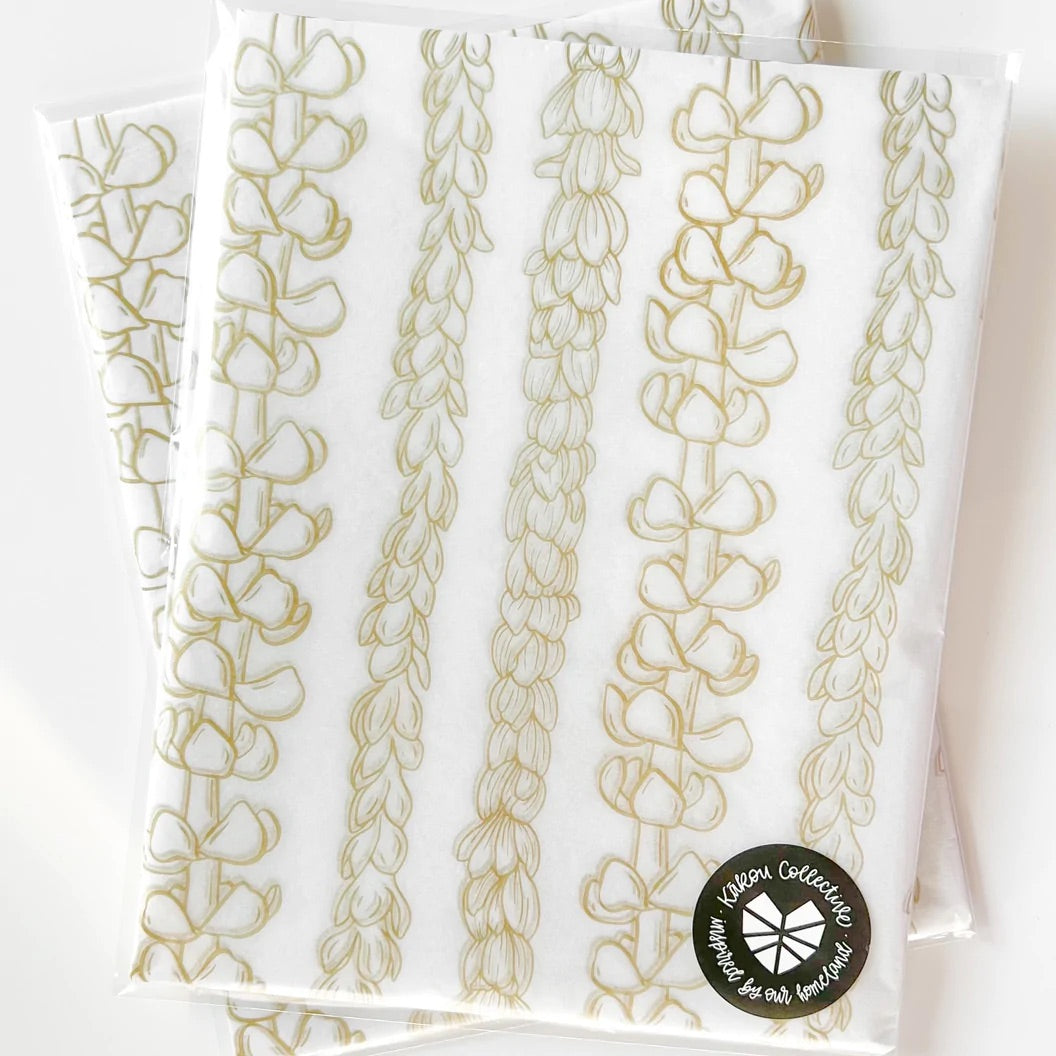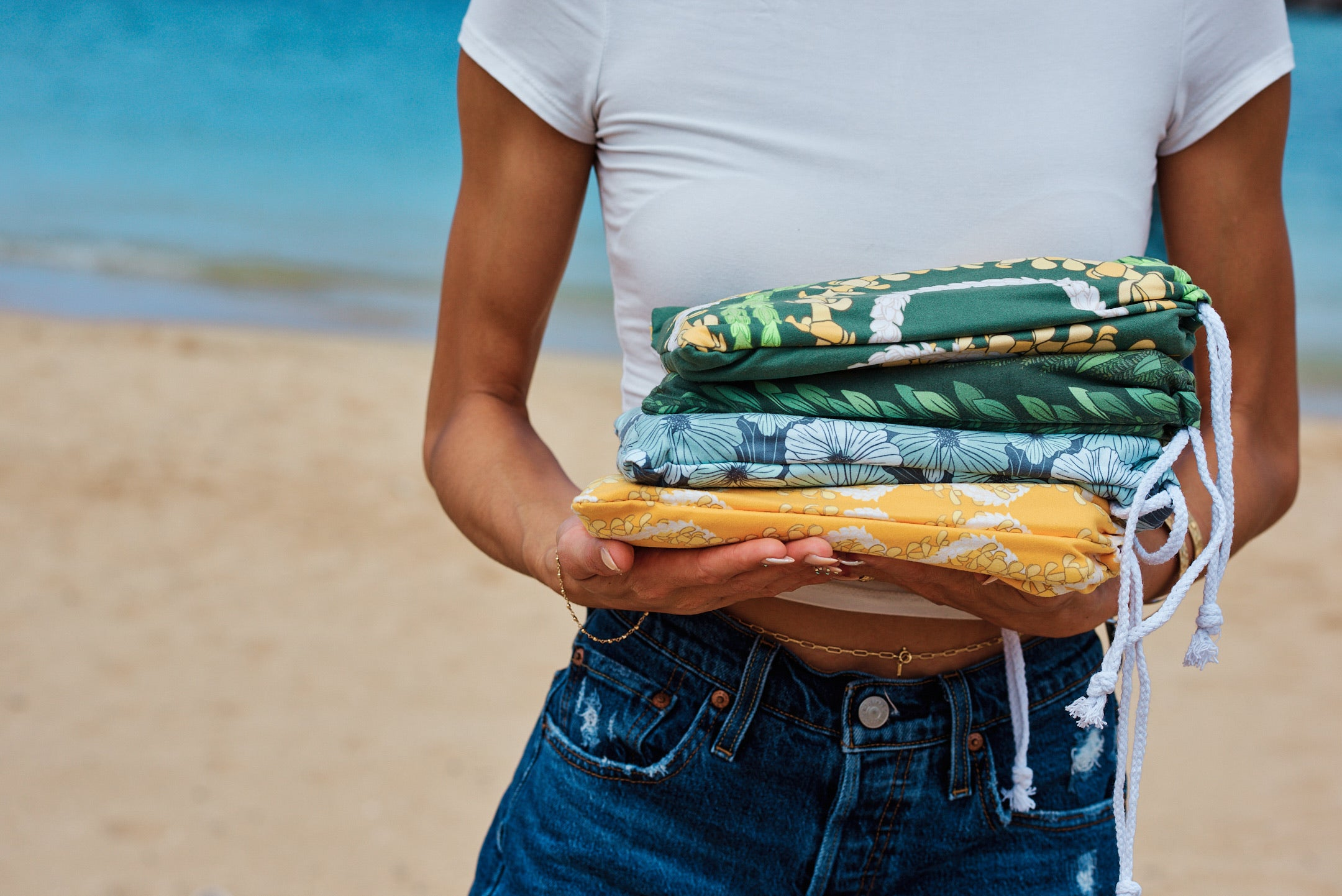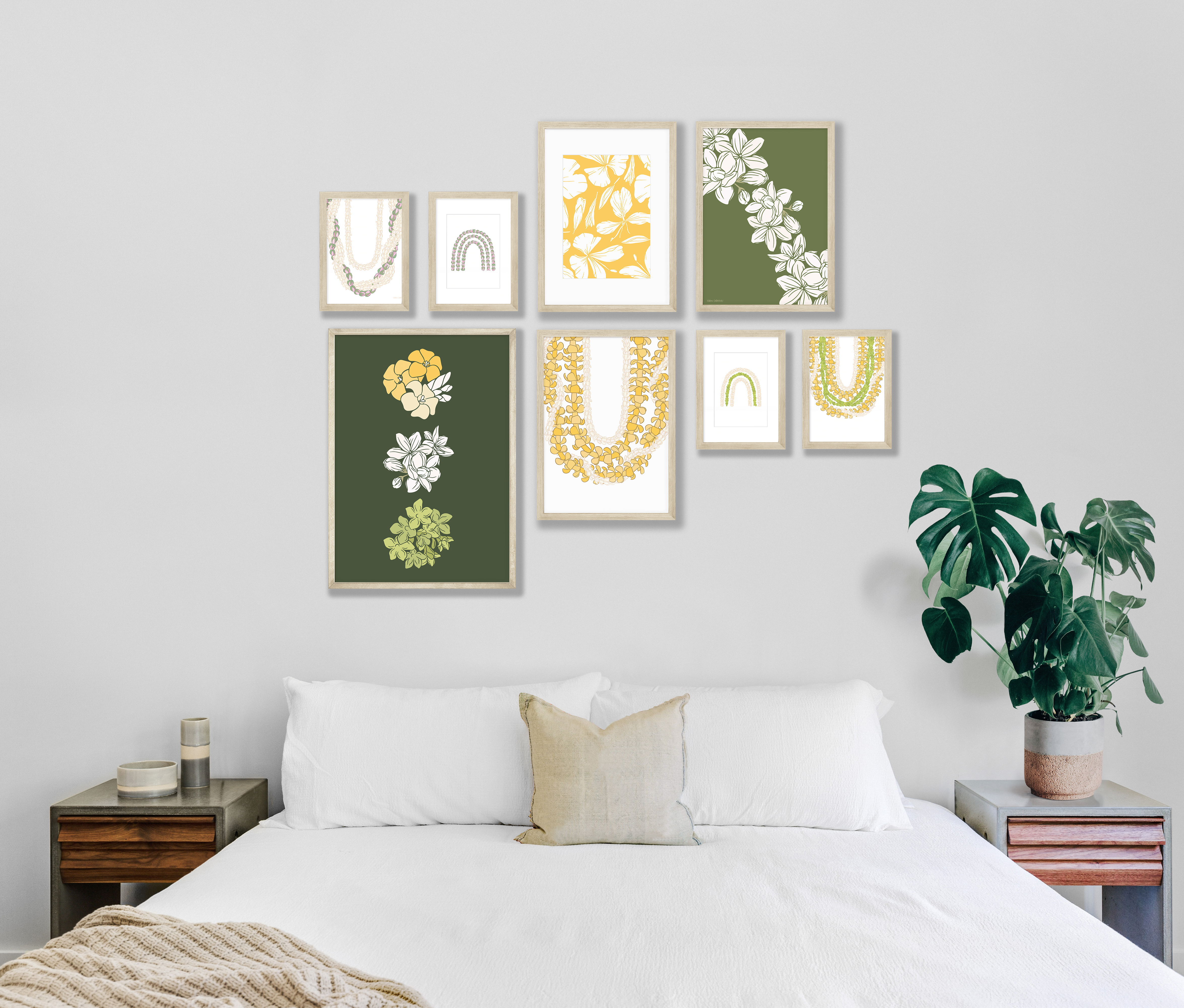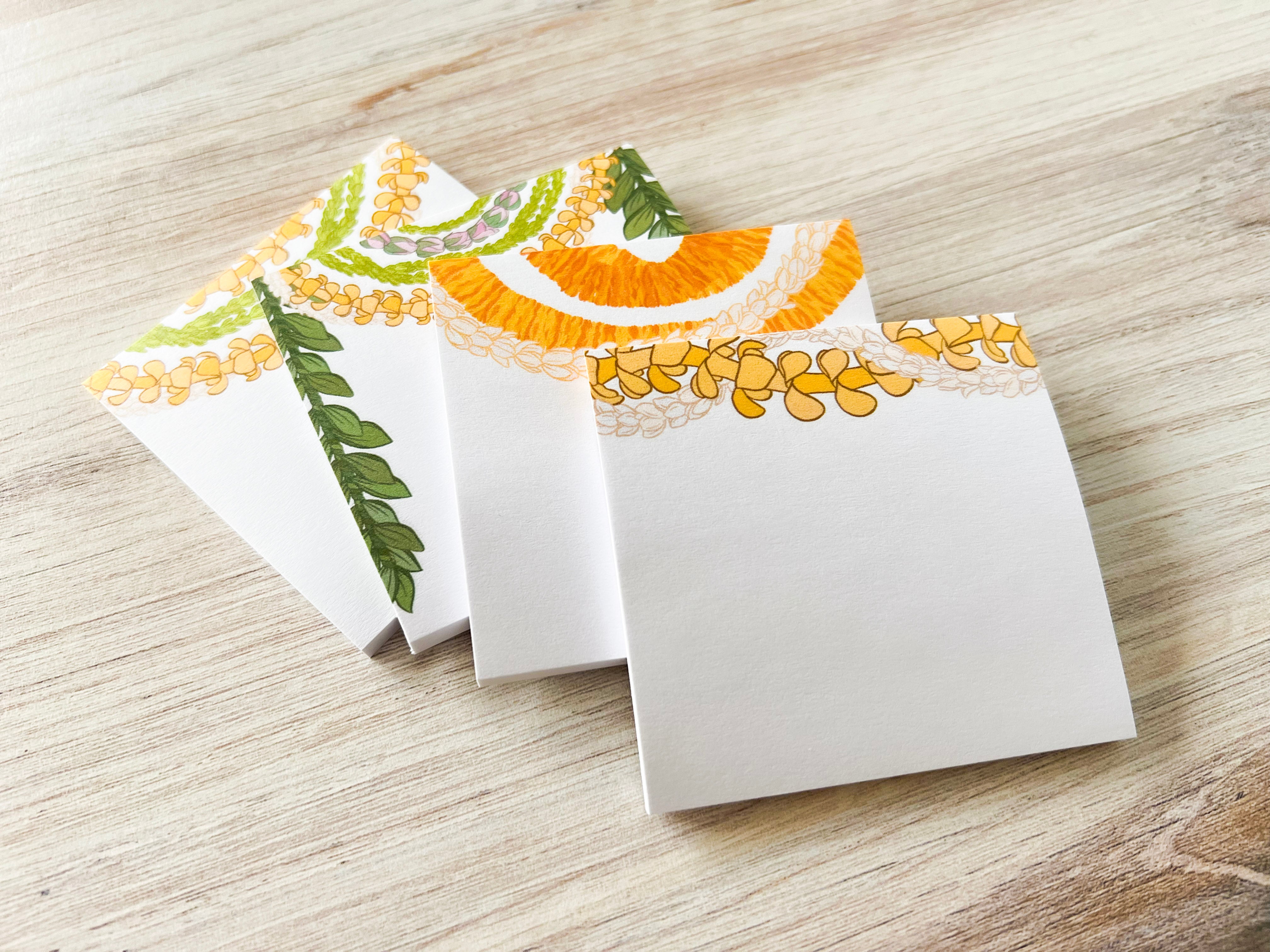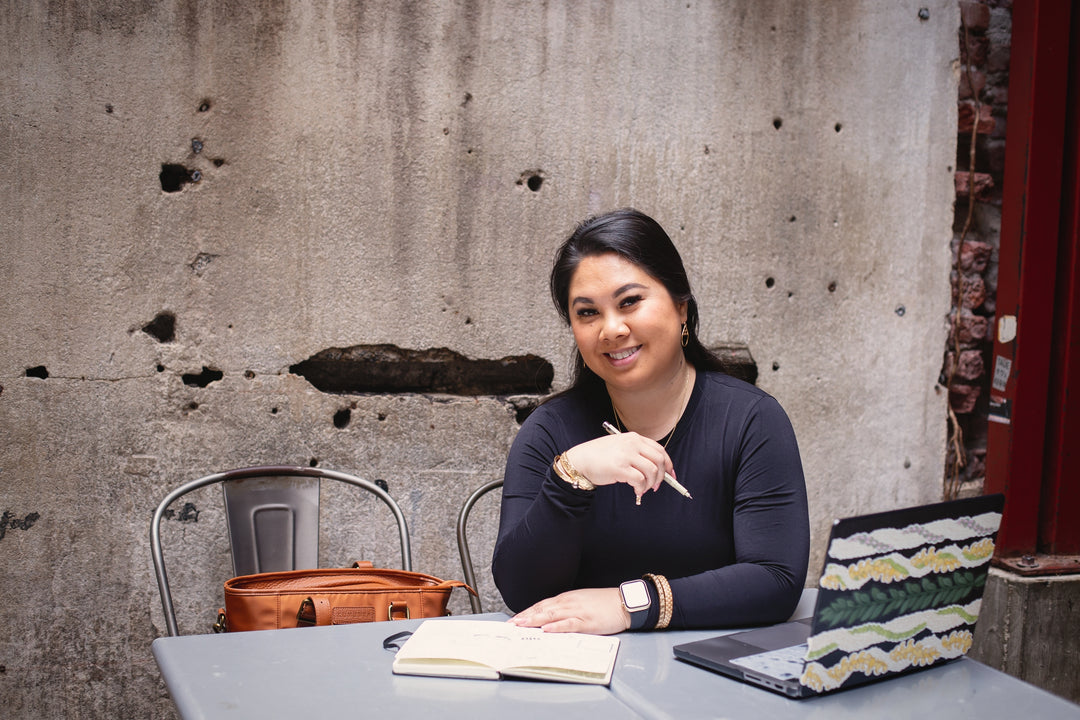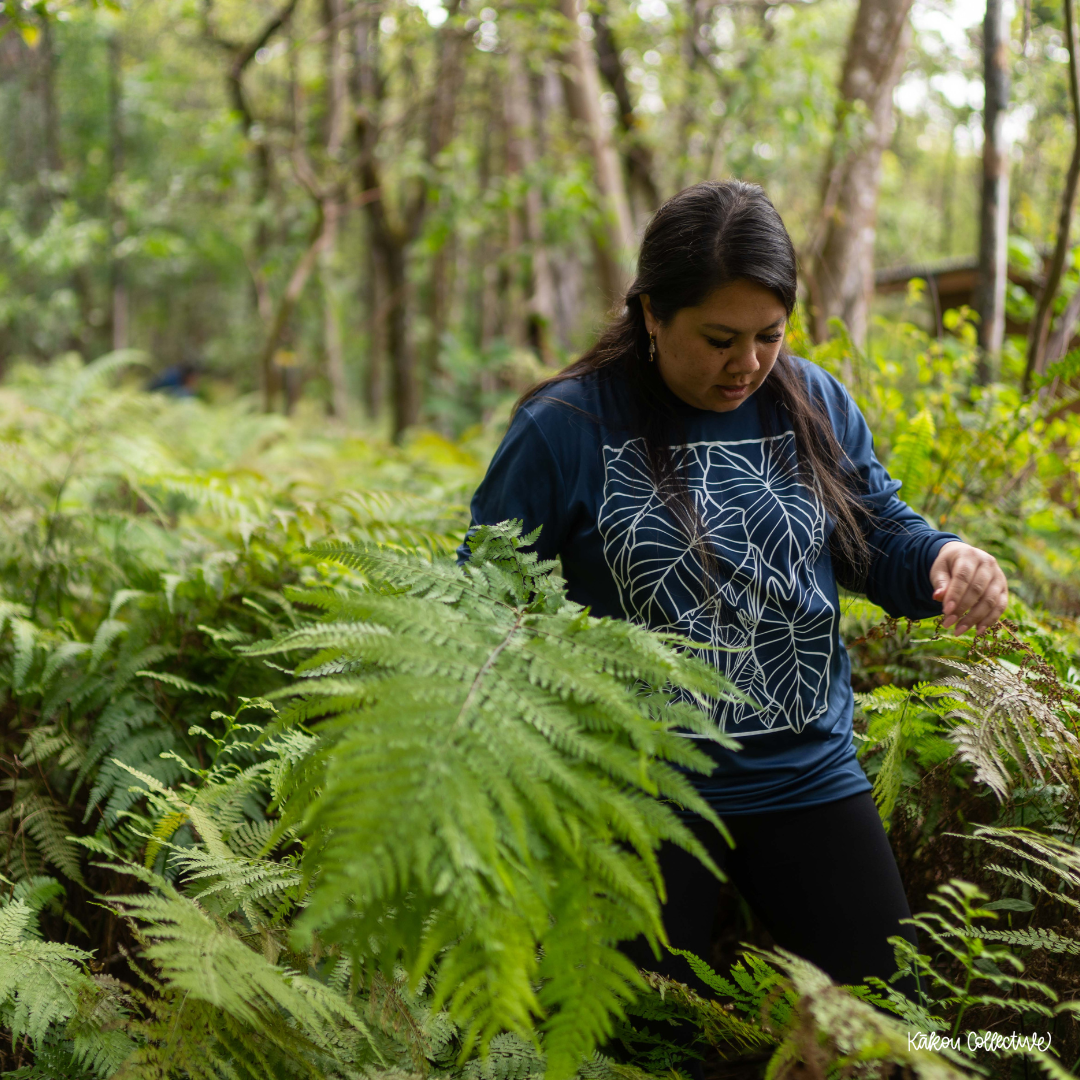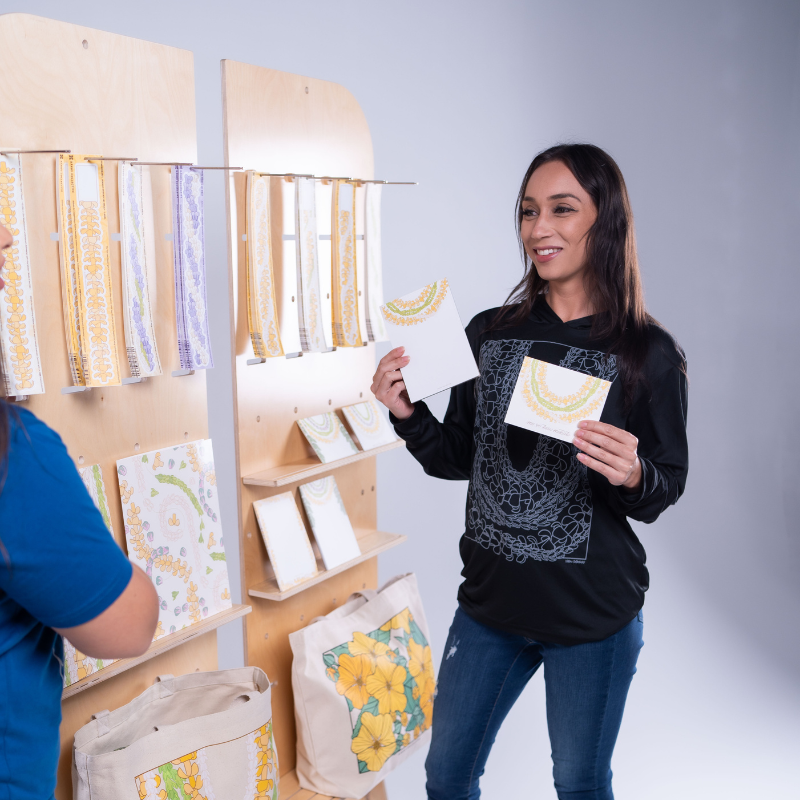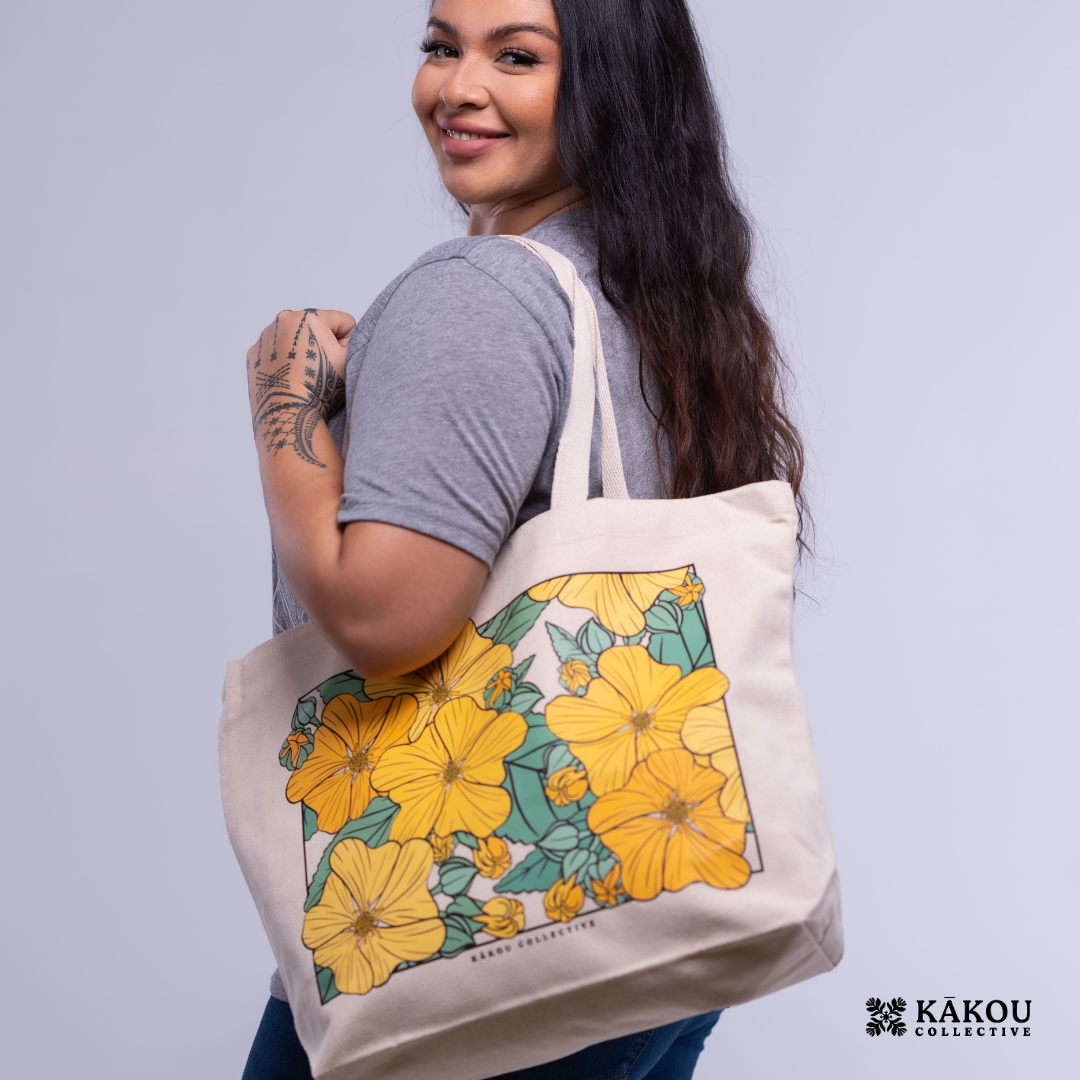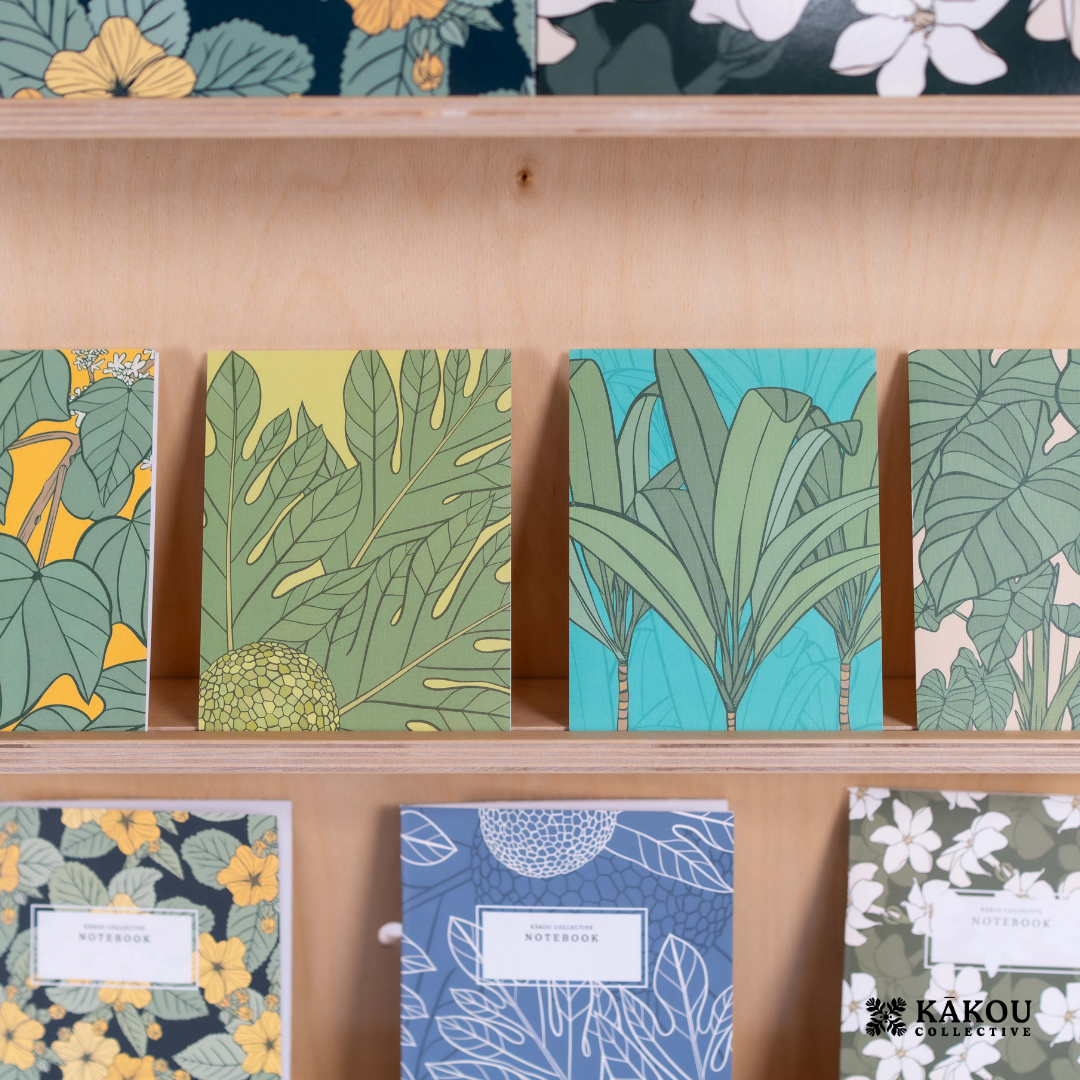A History of May Day + How we're celebrating
Can you believe April is almost pau? This year is flying by! If you didn’t catch us in Hilo, make sure to stop by our next in-person event at the Ho‘omau Hawaii Market and Da Shop this weekend. Hoomau Hawaii Market will take place at the
Bishop Museum (April 29 10a - 4 and May 1 TBD) and Da Shop is a fun independent bookstore in Kaiumuki (April 29 10a-2).
This cool market is a celebration of May Day and will have lots of amazing vendors, so you don’t wanna miss it!
Speaking of May Day, we thought it would be fun to do a little dive into the history and significance behind the Lei Day we all know and love. It all started in 1927, with a poet from Oklahoma named Don Blanding. Pretty random way to start a festival honoring Hawaiian culture and lei, right??
Well, Mr. Blanding lived in Hawaii and was a writer for the Honolulu Star-Bulletin. He noticed that the people of Hawaii observed mainland holidays and holidays of immigrant populations living in the islands, but that there was no day set aside to celebrate Hawaiian culture. Kinda nuts when you think about it! Mr. Blanding came up with the idea of a ‘Lei Day,’ in which everyone would wear and give lei, and honor the spirit of aloha. Together with his co-worker, Grace Warren, they came up with the phrase, ‘May Day is Lei Day.’ The iconic phrase was used in the
famous song, ‘May Day is Lei Day in Hawaii’ during the first Lei Day festival in 1928, and is still popular today!
That first festival primarily focused on a lei competition. It was judged by Princess Abigail Wahiikaahuula Campbell, Elizabeth Lahilahi Webb (lady-in-waiting for Queen Liliʻuokalani), and Aliʻi Lucy Kalanikiʻekiʻe Davis. You may already know that each island has an official color and flower: Kauaʻi is violet for mokihana berries, Oʻahu is the yellow ‘ilima, Molokaʻi is green for kukui, Maui is the pink Lokelani rose, Lānaʻi is orange for kaunaʻoa, Kahoʻolawe is represented by silvery hinahina, the Big Island is red for the ʻōhiʻa lehua, and Niʻihau is white for its little pūpū seashells. For this first festival, the lei were judged on their use of appropriate flowers and colors to represent the main Hawaiian Islands.
Today, the tradition has evolved from the lei competition to a full celebration of Hawaiian culture. Schools all over Hawaii put on Lei Day programs, where students dance hula, play music, and elect representatives for each Hawaiian Island in a Lei Day Court. Each elected princess wears the official color and flower of their island, and often dance a special hula.
At the time of the inaugural Lei Day festival, Hawaiian traditions were being diminished and twisted by American modernization. The commemoration of Lei Day was a way in which Hawaiians were able to authentically celebrate and perpetuate their fading culture. As Princess Kawananākoa explained to Mr. Blanding back in 1927, a lei is more than a garland of flowers that is given frivolously. It’s crafted with care, and great consideration is put into color combination, fragrance, and design. It’s more than just a decoration – it’s a tangible expression of aloha.
We here at Kakou Collective can’t get enough lei! That’s why in honor of Lei Day, we’re launching a coloring book that is a celebration of lei featuring all the lei youve come to know and love as well as some that we've never shared.
May is a super special month for us because our own Mama Kakou’s birthday is this month! So get ready to celebrate that Lei Day spirit with us ALL. MONTH. LONG! We’re also going to be bringing you more fun tidbits about how lei is made, lei culture, and – of course! – more info on the flora and fauna used in different lei styles!
A hui hou! (Until next time)


